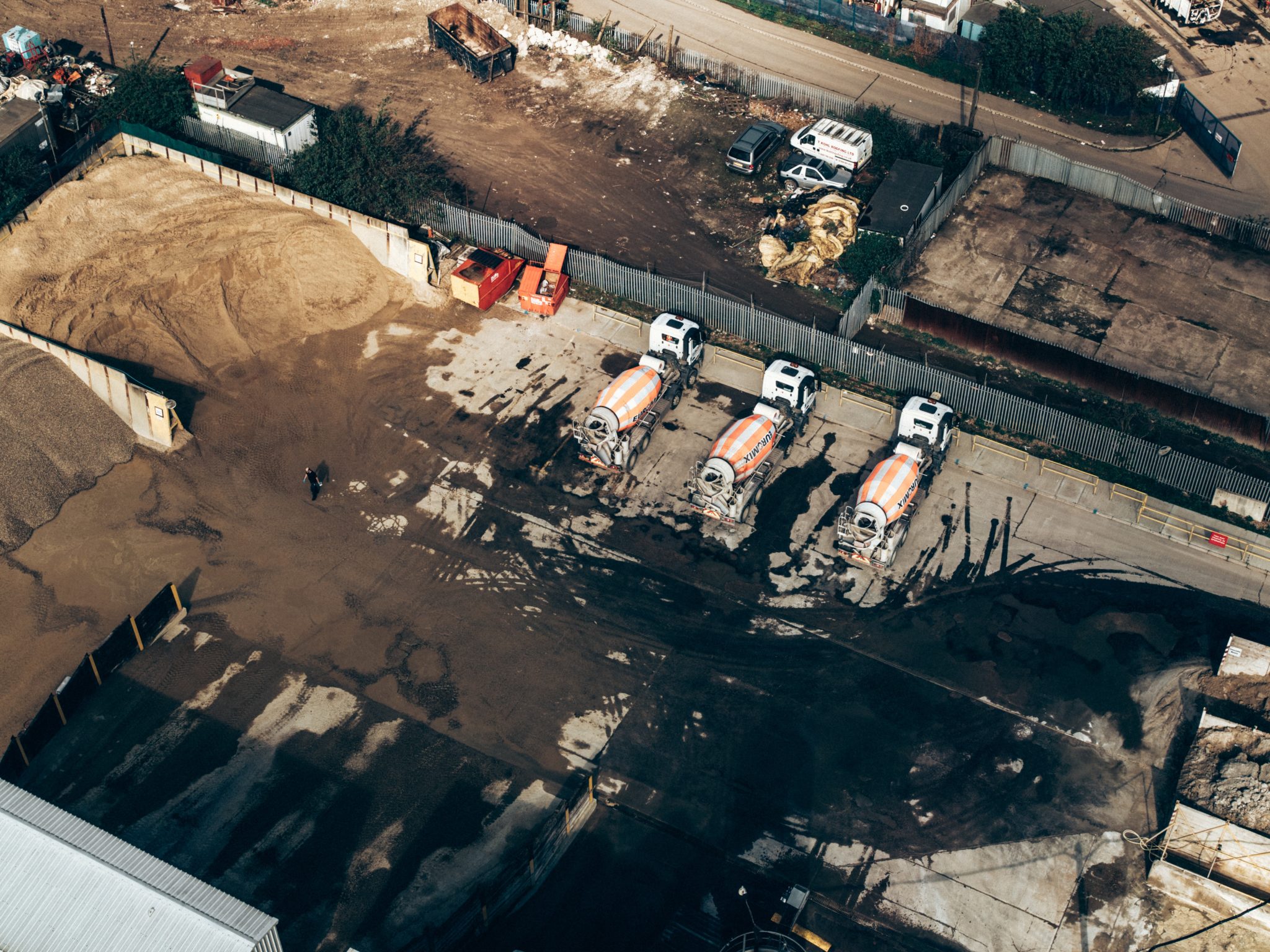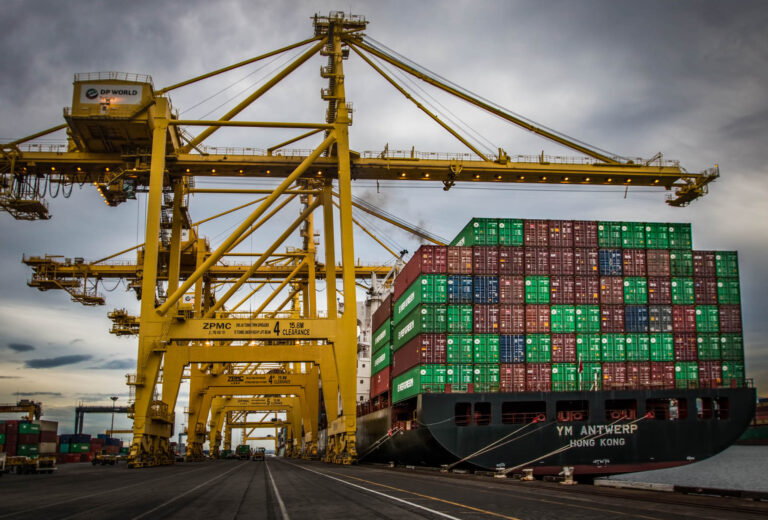
Jason Vazquez is a staff attorney at the International Brotherhood of Teamsters. He graduated from Harvard Law School in 2023. His writing on this blog reflects his personal views and should not be attributed to the Teamsters.
The Supreme Court heard oral arguments yesterday in Glacier Northwest , which involves strike activity, tort liability, and NLRA preemption. The background and implications of the case have been covered extensively on this blog.
The company’s central contention was that a state court, not a federal agency, should be tasked with ascertaining whether the facts alleged in a tort action implicate the protections of federal labor law. “[I]f the complaint alleges clearly unprotected conduct and the only issue is whether those allegations are true,” the company argued, “the state court gets first crack at resolving the facts.” Where the judge determines the union’s conduct does not implicate the NLRA’s protections, the company contended, he is entitled to adjudicate the merits of the action even if a related proceeding is pending before the Board. But where the judge determines the disputed activity comes within the Act’s protective penumbra, Garmon preemption principles dictate the Board must decide whether the conduct is actually protected.
The Biden administration, which filed an amicus brief in support of “neither party,” sought to offer the justices an offramp. The solicitor general asserted that threshold factual questions must be resolved by the Board, not a state court. Substantively, the administration conceded that strike activities which result in the intentional destruction of an employer’s property should not be protected but attempted to distinguish such destructive conduct from “the sort of routine consequence that attends any strike” — i.e., “the mere spoilage of a perishable product after people walk off from the job” — which, in the administration’s view, should remain protected.
Arguing on behalf of the union, a Teamsters local, the firm Barnard Iglitzin & Lavitt contended that under Garmon jurisdiction over the threshold determination of whether a disputed labor activity is arguably within the Act’s purview rests with the Board, the entity Congress entrusted to adjust labor disputes. On the substantive issue, the union acknowledged that settled caselaw strips strikers of statutory protection where they neglect to adopt reasonable precautions to avoid aggravated or foreseeable harm to employer property but insisted that the damage to perishables at issue in Glacier has never been considered sufficient to meet this standard.
The Court is expected to issue its ruling sometime this summer.
In other news, employees at Apple’s first unionized store began bargaining with management today. Located near Baltimore, the shop voted to unionize last summer, as Swap described at the time.






Daily News & Commentary
Start your day with our roundup of the latest labor developments. See all
December 12
OH vetoes bill weakening child labor protections; UT repeals public-sector bargaining ban; SCOTUS takes up case on post-arbitration award jurisdiction
December 11
House forces a vote on the “Protect America’s Workforce Act;” arguments on Trump’s executive order nullifying collective bargaining rights; and Penn State file a petition to form a union.
December 8
Private payrolls fall; NYC Council overrides mayoral veto on pay data; workers sue Starbucks.
December 7
Philadelphia transit workers indicate that a strike is imminent; a federal judge temporarily blocks State Department layoffs; and Virginia lawmakers consider legislation to repeal the state’s “right to work” law.
December 5
Netflix set to acquire Warner Bros., Gen Z men are the most pro-union generation in history, and lawmakers introduce the “No Robot Bosses Act.”
December 4
Unionized journalists win arbitration concerning AI, Starbucks challenges two NLRB rulings in the Fifth Circuit, and Philadelphia transit workers resume contract negotiations.